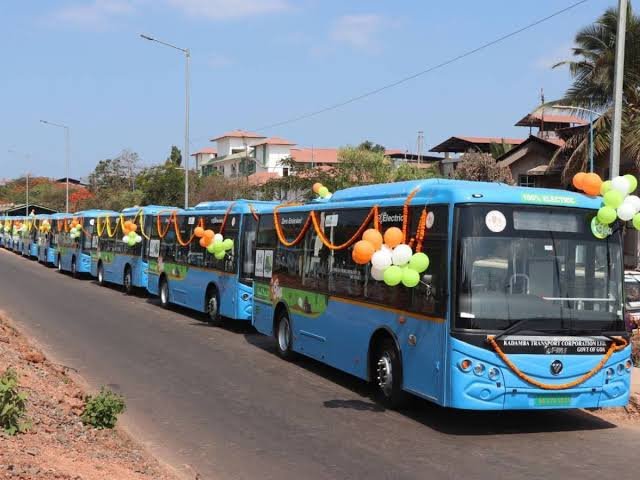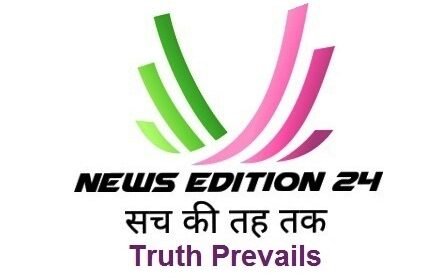
Raipur: The Central Government has launched the “PM-eBus Sewa” to augment city bus operations and upgrade public transportation infrastructure in cities. Under this scheme, states have been allocated a certain number of buses based on the population of their cities. Accordingly, Raipur has been allotted 100 buses, Durg-Bhilai 50 buses, Bilaspur 50 buses, and Korba 40 buses, totaling 240 e-buses approved under the scheme.
The Indian Government has approved the operation of electric buses under the “PM-eBus Sewa” Yojana in four major cities of Chhattisgarh state: Raipur, Durg-Bhilai, Bilaspur, and Korba. This announcement is not only a proud moment for Chhattisgarh but also a significant milestone for the entire nation, as it represents a crucial step towards realising Prime Minister Narendra Modi’s vision of a clean and green India.
Chief Minister Vishnu Deo Sai stated that the introduction of electric buses in the state will revolutionise urban transportation. This initiative not only aligns with environmental conservation efforts but also provides better transportation facilities for citizens. He congratulated the officials of the Urban Administration Department for their success in this challenge and directed them to work towards including more cities in this scheme in the future. Deputy Chief Minister and Urban Administration Development Minister Shri Arun Sao mentioned that under the double engine government’s initiatives, Chhattisgarh is reaching new heights of innovation and stability. This scheme is a significant gift for the people of Chhattisgarh, which will not only save the environment but also make the lives of people more comfortable. The deployment of e-buses will open a new and clean transportation service for the people of Chhattisgarh. The introduction of these buses will reduce environmental pollution and improve the air quality of cities. Additionally, it will lead to energy conservation.
It is noteworthy that this scheme of the Indian Government is part of its efforts to promote transparency and connect the states with central assistance in a transparent and performance-oriented manner. The intention of the Central Government behind this scheme is to develop an alternative to metro systems or collaborate with other systems in cities so that people can have access to affordable, reliable, and convenient transportation options.
The proposals from three cities in Chhattisgarh were approved during the sixth meeting of the Central Sanctioning and Monitoring Committee (CSMC) of the Ministry of Housing and Urban Affairs, GoI, held on March 1 in Raipur and the seventh meeting on March 14.
In this first-of-its-kind initiative, the Central Government will provide financial assistance to cities for the purchase and operation of buses, including a significant portion for the development of infrastructure such as bus depots. It is also included in the scheme’s terms and conditions that a third-party audit of the funds allocated under the project will be mandatory to ensure full transparency. Cities will be required to provide a quarterly account of bus operations. Under the scheme, three types of buses—standard, medium, and mini—will be operated. Cities have been divided into four categories based on population. Cities with a population of twenty to forty lakh were eligible for 150 buses; those with a population of ten to twenty lakh were eligible for 100 buses each; and those with a population of less than five lakh were eligible for 50 buses. Based on this criterion, Raipur was approved for 100 medium buses, Durg-Bhilai for 50 medium buses, Bilaspur for 35 medium and 15 minibuses, and Korba for 20 medium and 20 minibuses.
As per the guidelines of the scheme, the purchase and operation of buses, as well as the selection of the operating agency, will be carried out by the Central Government. Central assistance will be provided based on the assured kilometres of operation, and if the buses run fewer kilometres than that, the central assistance will be reduced accordingly. The Central Government will allocate funds to cities based on their performance. The e-Bus Sewa will not only contribute to improving air quality and environmental conservation by reducing carbon emissions in Chhattisgarh’s cities but also result in lower energy consumption, better fuel efficiency, and comfortable, enjoyable travel experiences for passengers.
